Photo by Calle Macarone on Unsplash
Our team travels quite a bit for events and conferences, so we’re well-versed in how to put on our own oxygen masks first before helping others. Why is this so important? To put it simply, if you run out of oxygen, then you can’t breathe. If you can’t breathe, you can’t help anyone else around you.
That seems obvious enough. But what if we take this a step further and relate it to burnout at work.
If you’re burned out at work, are you able to do excellent work and assist your teammates?
If you don’t take care of your health, are you able to thrive and perform your responsibilities at 100%?
This is an important metaphor for HR professionals. So, let’s dig a bit further. In order to better understand burnout, let’s first define it.
What Is Job Burnout?
According to dictionary.com, burnout is fatigue, frustration, or apathy resulting from prolonged stress, overwork, or intense activity. And according to Mayo Clinic, job burnout is a special type of work-related stress – a state of physical or emotional exhaustion that also involves a sense of reduced accomplishment and loss of personal identity.
Since early 2020, the pandemic has created additional work for organizations and HR professionals. In turn, that additional work creates more stress. In fact, you could say we’ve been in a workforce environment of constant change, which includes new ways to do remote/hybrid work, new policies and procedures, new processes to get work done, and more.
With all these new changes, more than likely you’re feeling stressed and burned out. In fact, in a recent survey by Human Resource Executive, they report that 86% of HR professionals say their stress has increased due to the Great Resignation, an ongoing pandemic, and compliance issues being added to their responsibilities.
Let’s Talk About HR Burnout
As HR professionals, you can probably identify the obvious signs of employee burnout. But don’t forget, you’re an employee too. Keep an eye on when you and/or your team are starting to experience burnout.
According to Mayo Clinic, job burnout symptoms can include:
- Becoming cynical or critical
- Dragging yourself to work
- Becoming impatient with coworkers and customers
- Lacking energy to be consistently productive
- Finding it hard to concentrate
- Lacking satisfaction from your achievements
- Feeling disillusioned about your job
- Using food, drugs, or alcohol to feel better
- Changing sleep habits
- Experiencing headaches, stomach problems, or other physical complaints
If you are encountering any of these symptoms, you might have job burnout. So, what can you do about it?
Put On Your Own Oxygen Mask
There are some great actions you can put into place right away that will help you handle burnout and get back to a place where you can help others.
Let’s look at a few options:
- See your healthcare provider. These symptoms might be related to some health issues going on.
- Get enough rest. Quality sleep recharges your body and mind. And it’s associated with better mental health and emotional control.
- Move your body. Exercise releases endorphins that wake up your brain.
- Incorporate daily renewal activities. Doing fun things outside of work like listening to music, reading a good book, walking with a friend (or pet!), starting a new hobby, and meditating can calm your mind.
Guess what? Putting on your own oxygen mask is not selfish…it’s the right thing to do. In fact, it’s the necessary thing to do. And once you start feeling healthier, then you can do things at work to fight HR burnout.
Fight HR Burnout
As an HR professional, you’re always looking out for your workforce. You ensure that your employees are safe at work and are set up for success to perform their jobs. You should do the same for yourself!
Here are some best practices to fight – and even prevent – HR burnout.
- Ever feel like you have to be available 24/7/365? That’s not realistic. And, it’s unhealthy. Set boundaries to protect your personal time. Let people know your working hours and availability…then stick to it.
- You probably tell job candidates and employees that having a good work-life balance is critical. You may even teach or recommend courses on managing stress. Do you practice what you preach? Learn skills for self-care, time management, and mindfulness. They will help you to reduce anxiety.
- Yes, we know HR professionals juggle more responsibilities than most employees are aware of. But it’s not doing you any good if you’re stretching yourself too thin. Offload some of your duties and digitize documentation. Allow your team to take on more tasks. And create policies, procedures, and other documentation stored in a central location so that employees can find information on their own.
- Why is it so hard to ask for help? Are you afraid that it might come across as weakness? Change your thinking and get your team involved. Train your team on tasks that you typically do – they may appreciate more responsibility! Ask managers to identify inefficiencies that might be contributing to your heavy load.
How HR Data Can Help
Many times, stress and too much work can be added to your plate if you’re gathering HR data and running reports manually. Employee Cycle can help reduce that stress! We put employee data at your fingertips with our HR Analytics Dashboard. You can engage with your organization like never before with an HR dashboard that helps you see real metrics in real time that really matter! Schedule a demo today to see how easy it is!












